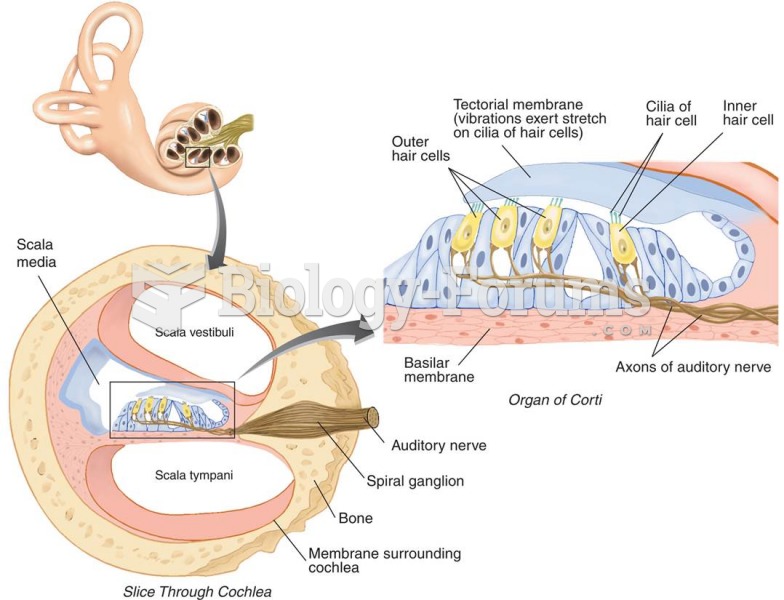|
|
|
Did you know?
Vaccines prevent between 2.5 and 4 million deaths every year.
Did you know?
There are more nerve cells in one human brain than there are stars in the Milky Way.
Did you know?
Essential fatty acids have been shown to be effective against ulcers, asthma, dental cavities, and skin disorders such as acne.
Did you know?
No drugs are available to relieve parathyroid disease. Parathyroid disease is caused by a parathyroid tumor, and it needs to be removed by surgery.
Did you know?
Aspirin is the most widely used drug in the world. It has even been recognized as such by the Guinness Book of World Records.







